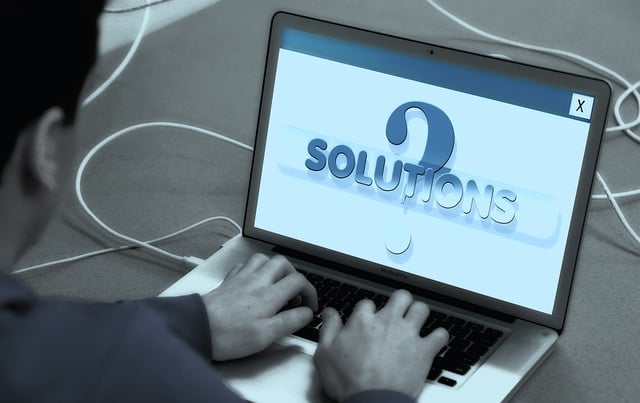In searching for easy answers, the world has changed. Technology has brought some improvements to our lives. It is easier for me to select print on my computer screen than to use a manual typewriter. But change does not necessarily mean better. Reliance on technology has taken a toll. People have been depending on calculators for so long that the understanding of multiplication and division is fading away. With reliance on GPS, map-reading has practically disappeared. With digital time, the terms “clockwise” and “counter-clockwise” have become meaningless for a whole generation.
Currently, the increasing reliance on AI, or artificial intelligence, is a disturbing trend. The more one relies on AI, the more illusive one’s access to real intelligence. It seems obvious. The more society depends on AI, the more real thinking will be lost.
With AI, students who have no research ability or writing skills have learned to put prompts into their computers, and produce grammatically correct essays on whatever topic is requested. But, what do they have when they are done? Have they really learned anything by handling an assignment in this manner? AI research may result in an interesting article or report on a subject, but the accuracy of it will never be certain. AI combs the internet for information but has no means of discerning truth. It cannot distinguish right from wrong. It cannot filter between what is correct and what is almost correct.
There is no question that AI can be helpful. It can save significant time. It can enable more efficiency if one can determine accuracy. But by definition, “artificial” is not authentic. Furthermore, it can be used for nefarious purposes. AI has already been used by politicians to create videos that make opposing candidates appear to say things they did not say. Malevolent videos have also been created in which trusted theologians appear to teach things contrary to the Bible. The proliferation of fake information produced by AI causes people to question the authenticity of things that are real. This only leads to more confusion.
Our own routine experience with AI demonstrates the danger of trusting it. Auto-correct on our phones would more accurately be called “auto-incorrect.” It changes words in our text messages. If a writer fails to carefully proofread the text before hitting send, the message sent may say something very different from what was intended. And who has not experienced GPS telling them to turn where no turn is available?
The more people rely on AI, the more critical thinking ability decays. Because of AI, information abounds, but much of what is spewed is simply not true. As Eve discovered in the Garden, there is no shortcut to real wisdom. Knowledge is not wisdom. God is the source of all wisdom. It takes time spent with Him to learn His perspective. Time spent prayerfully reading His words teaches us truth and discernment. (But, beware of misleading “Bibles” generated by AI.)
We are made in the image of God. He is the source of all truth. Our connection to Him is our connection to truth. His Spirit leads us into truth. Knowing truth depends on knowing God and spending time with Him. Throughout history, it has not gone well for those who ignored Him and His ways, and sought knowledge apart from Him.
In searching for easy answers, may we never lose sight of what is right and true.
Listen as Wisdom calls out! Hear as understanding raises her voice! . . . Listen to me! Everything I say is right, for I speak the truth and detest every kind of deception. Proverbs 8:1,6-7. NLT
In a world that is searching for easy answers, how are you holding on to truth? Please leave a comment below.
Blessings,
Phyllis
© 2025 Phyllis L. Farringer
Image by Gerd Altmann from Pixabay


Thank you for your thoughts, Phyllis. Yes, there are advantages to using AI, but we must be careful of its negative impact.
Absolutely. Thank you, Joni.